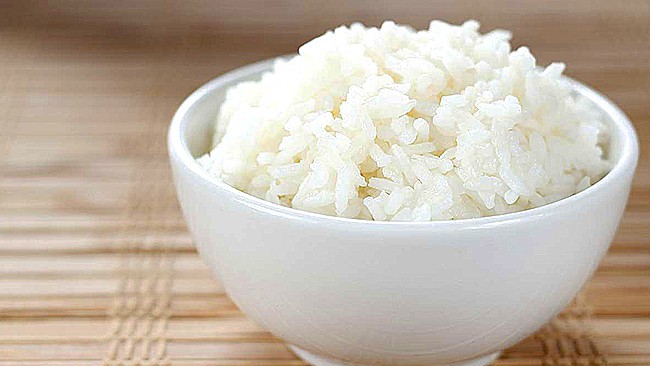Santo Domingo.- The Dominican government is studying what steps it can take to protect national rice production from the tariff reduction scheduled for 2025, a sector “essential for our economy,” according to the minister of External relationships, Roberto Alvarez.
“The president will announce those steps in due course. He foreshadowed in his speech on February 27 that there will not be a collapse in this sector, so fundamental to our economy. We’ll see what the measures will be,” Álvarez said in an interview with EFE on the occasion of the upcoming celebration of the XXVIII Ibero-American Summit in Santo Domingo.
The minister stressed the role of rice as “a part of the backbone of Dominican food security,” since it is one of the products with the highest daily consumption in the country.
It is, he explained, a product of “high sensitivity” for the Dominican economy: “some 320,000 people work in the area (of them about 20,000 in direct jobs and 300,000 indirect jobs), it affects some twenty provinces of the country, produces around 26,000 million pesos per year (more than 475 million dollars at the current exchange rate) that move through banking, insurance, transportation.
In his accountability speech before the National Congress on February 27, the Dominican President, Luis Abinader, already announced the creation of a commission to start a process to protect national rice production, due to the tariff reduction that It will start in two years within the Free Trade Agreement (DR-Cafta) between the Dominican Republic, the United States and Central America.
Last Tuesday, Abinader affirmed that his country will not allow the opening of the national market to rice from the United States without tariffs.
“We are not going to allow the country to open up to the rice-growing part of the United States, a country that also subsidizes rice growers,” Abinader told reporters.
This is an issue that is of great concern to the sector and, this week, the Dominican Rice Union considered “necessary the definitive shielding of national rice production.”
The DR-Cafta was signed in 2004 and, in the case of the Dominican Republic, it entered into force in 2007. EFE

















